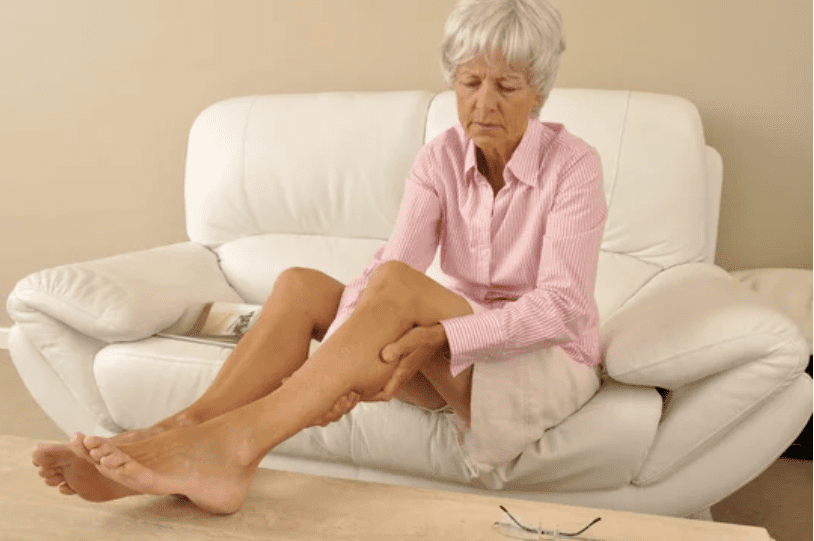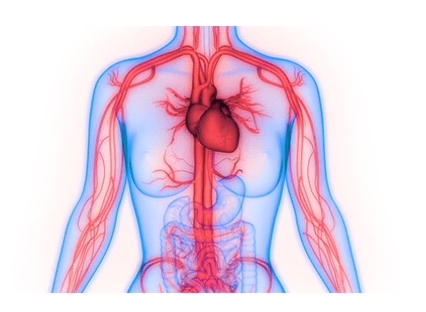
Cold Limbs. It can indicate a vascular condition.

The most common cause of acute lower limb ischemia is a sudden blockage of an artery owing to an embolus or thrombosis. Aortic dissection and thrombosis of a popliteal aneurysm are two uncommon reasons to consider.
Chronic lower limb ischemia is a condition that develops slowly and is generally caused by obliterating vascular disease. Acute lower limb ischemia must be identified, and the patient referred for additional treatment very away.
The severity (stage) of chronic lower limb ischemia must be determined, as the severity of the condition will influence the therapeutic method. In all suspected cases of ischemia, the ankle and brachial pressures should be measured using Doppler ultrasonography to confirm the diagnosis. A patient with lower extremity ischemia always has atherosclerosis in other areas of the body in addition to the arteries of the lower limbs (ASO). As a result, risk factors should be controlled in order to prevent coronary heart disease and ischemic cerebrovascular diseases (hypertension, dyslipidemia, smoking, diabetes). This has the biggest influence on the prognosis of the patient.
Signs and symptoms of chronic ischemia:
The patient will complain of chilly feet and skin that is cold to the touch at all phases of ischemia.
Intermittent claudication is a kind of claudication that causes discomfort in the lower limbs, commonly in the calves, when walking. A 5- to 15-minute break relieves pain, and the patient is able to walk the same distance again.
Leg discomfort that is eased by standing up or dangling the leg over the side of the bed suggests severe ischemia; pain in the foot, ankle, or brachial index is symptomatic of severe ischemia.
Ischemic tissue damage includes necrosed regions or ulcers that can be dry and localized or infected and, in the worst-case scenario, lead to a septic infection.
We are just a call or click away. To learn more, book an appointment online or over the phone with PeachState Advanced Cardiac & Endovascular. We have several locations in Georgia: Newnan, Atlanta, & Griffin.
You Might Also Enjoy...


Feeling Faint

Should I be worried about my numb feet?

Can leg cramps be a sign of something serious?

Meet Dr. Odiete - PACE Cardiovascular Specilaist


